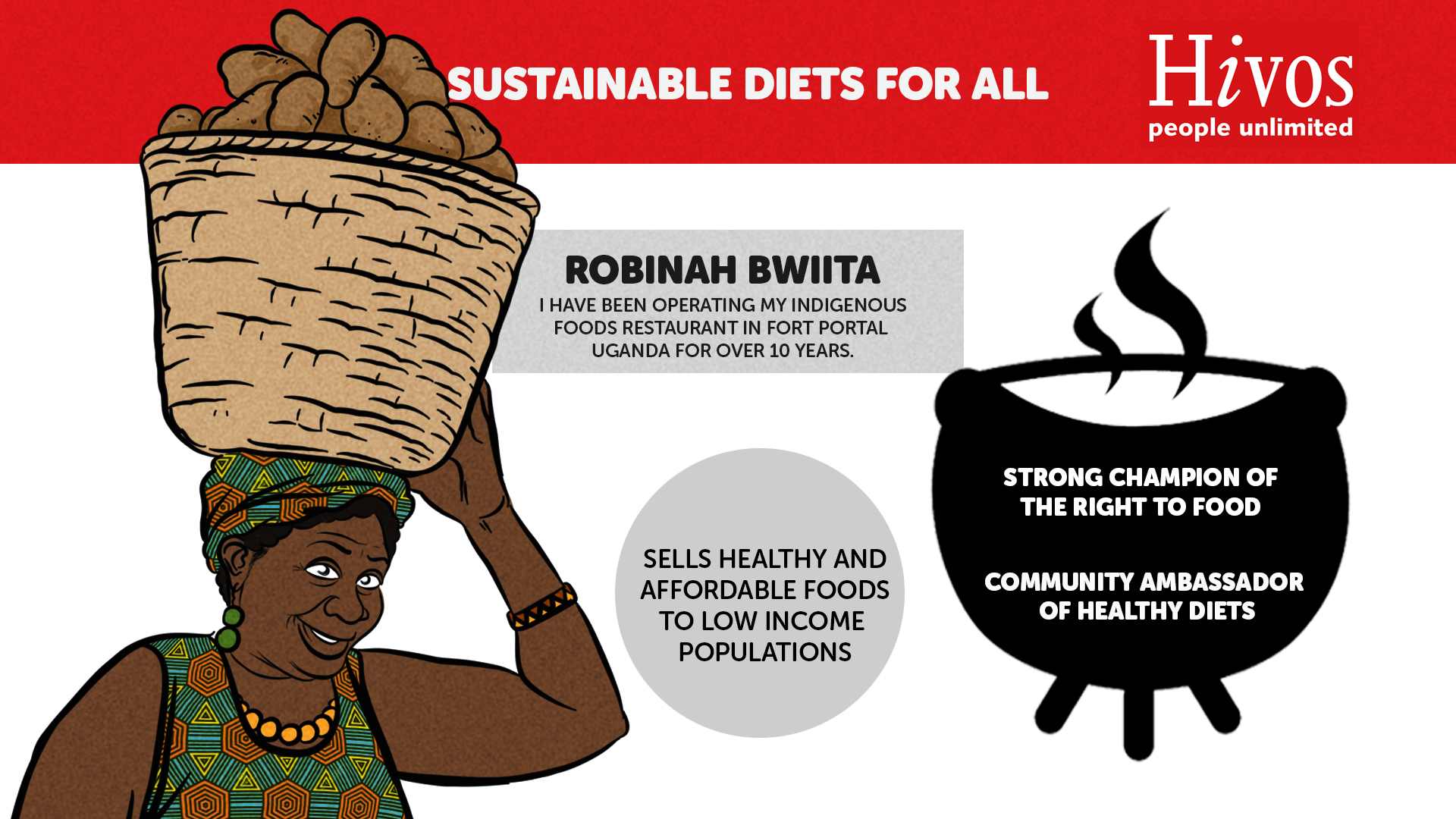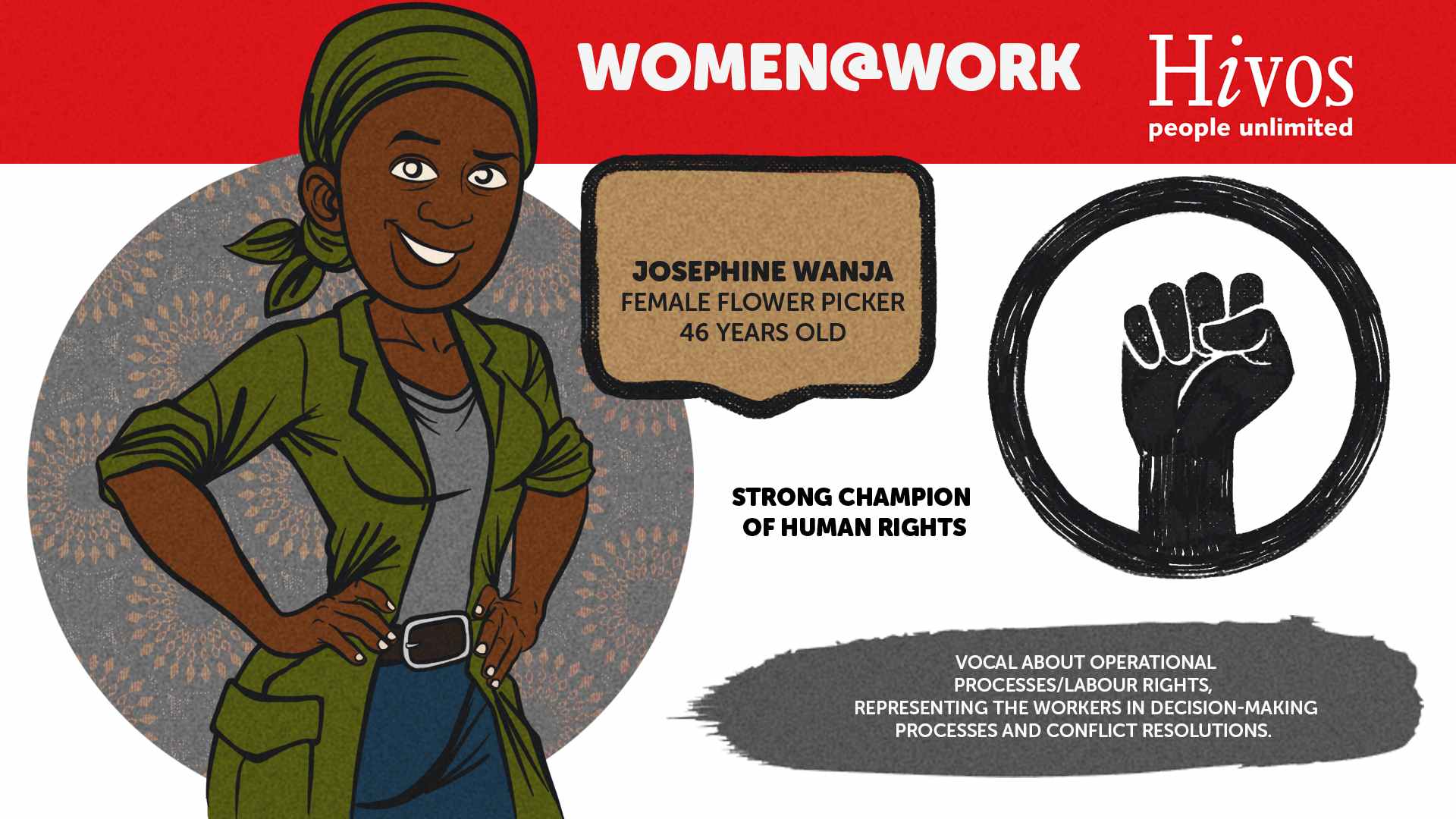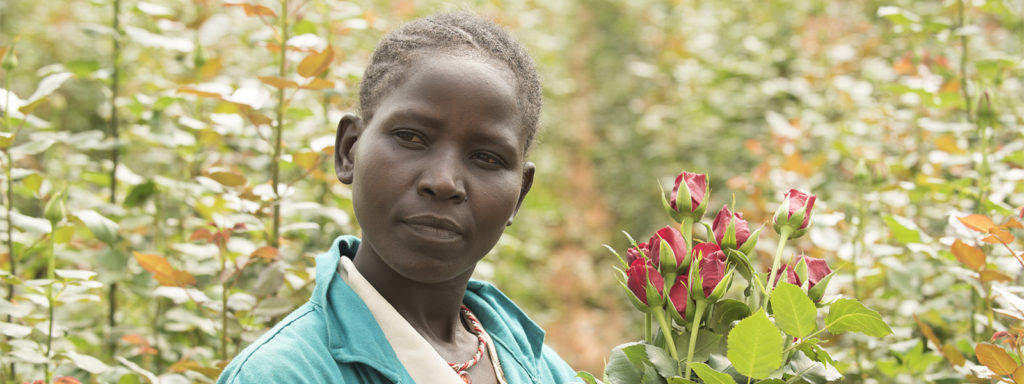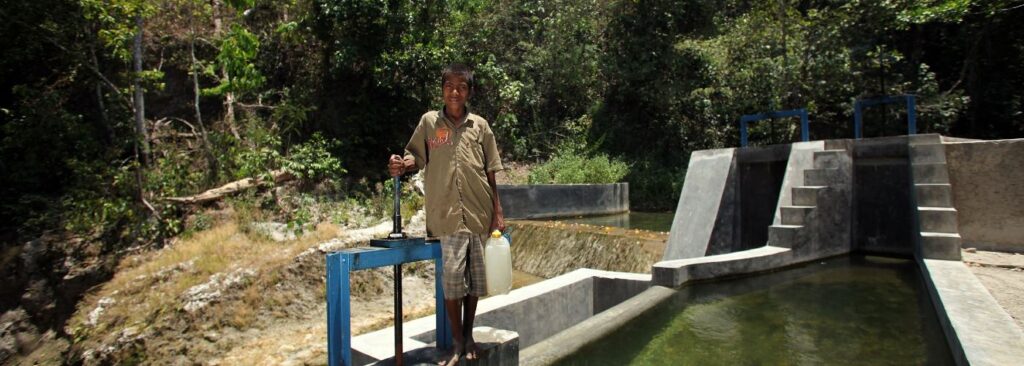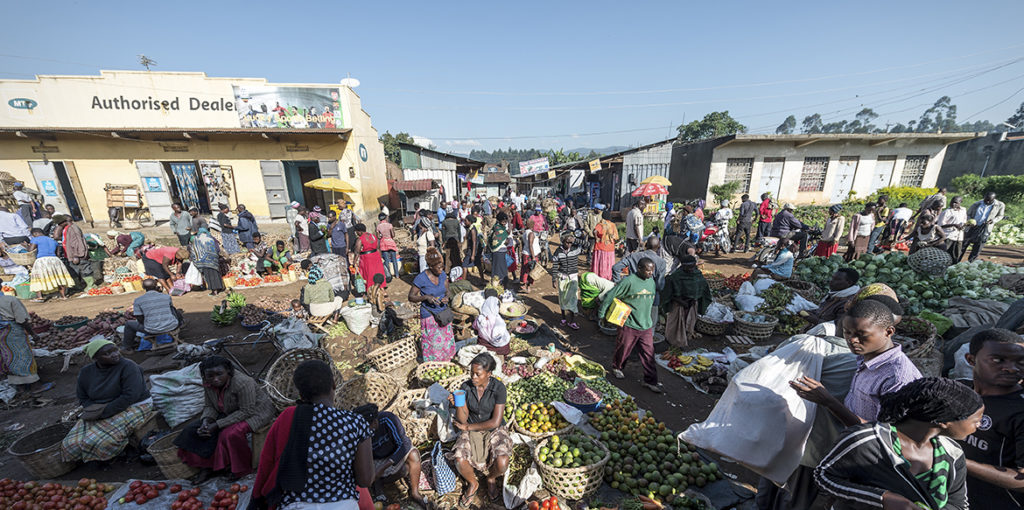The world’s social fabric is almost at a breaking point. The harsh realities of economic stagnation, the climate crisis, gender inequality, oppression of human rights, and grinding poverty relentlessly propel injustice and unfairness. We continually see people arriving at the brink of hunger, unable to access basic social services, or excluded from social and economic participation because of their gender, ethnic origin or sexual identity.
But in the face of this extreme inequality, diverse voices have emerged to demand accountability from different levels of governance. The rise of citizen agency has given a courageous response to the status quo by creating social change movements for justice and equality. To help foster citizen agency, Hivos joined forces with Article 19 and the International Institute for Environment and Development (IIED) to support civil society organizations that amplify the voices of citizens calling for social change. In an exciting five-year partnership, we executed four Strategic Partnerships programs funded by the Dutch Ministry of Foreign Affairs in low and middle income countries in East and Southern Africa, Southeast Asia, and Latin America. In East Africa, the programs were implemented in Kenya, Uganda, Tanzania and Malawi under four thematic areas: Decent Work for Women, Open up Contracting, Green and Inclusive Energy, and Sustainable Diets for All.
We celebrate the diverse voices and the rightsholders who were agents of change pushing for gender inclusion in renewable energy, transparency in the extractives sector through beneficial ownership, dignified work for women in the horticultural sector, and healthy and affordable diets for low-income populations in Kenya and Uganda.
Diverse voices in Uganda’s food system
Robinah Bwita is a restaurant owner in Fort Portal, Uganda. Even though she operated the restaurant for close to 10 years, she had not really understood her role in the food ecosystem or the importance of diverse and nutritious foods. Her eye-opening moment came later when she discovered the Sustainable Diets for All program’s “food change lab” run in partnership with the Kabarole Research Center. Her participation in the lab’s Food Summit and subsequent engagement with fellow food vendors and city law enforcement officers brought about a big change. Robinah signed up to be part of the lab’s “coalition of the willing” – a group of stakeholders brought together by common concerns and the change they desired to see in the food system.
"I first incorporated traditional foods in our menu three years ago thanks to Hivos and IIED’s program on Sustainable Diets For All, and I’m happy to report that I have seen an influx of customers in my restaurant."
She attributed finding her voice to the Sustainable Diets for All platform, where she learned the importance of her role in promoting nutritious foods and diets and influencing policy as a food vendor.
The right to decent work as a flower farm worker
Josephine Wanja joined a flower farm as a rose picker 20 years ago. While she was keen to put her skills to use and earn an income, her hopes were dashed by the working conditions she found. The 35 dollars a month she earned was far less than her 10 hours of work a day were worth. Sexual harassment further exacerbated the bad pay and working conditions, together with no reporting mechanisms for victims or way to hold perpetrators accountable.
"We would be issued with warning letters all the time without just cause, and had workers do evening shifts without hot meals. This did not sit well with me, and I knew I had to use my voice to get something done."
As soon as she was elected a union representative, she would use her new position to negotiate for flexible working hours, to stop warning letters, and to fight for hot meals for workers who worked until late in the evening.
Josephine’s involvement with the Women@Work campaign included being trained in leadership, which gave her the confidence to defend the rights of women workers on the flower farm - particularly when it came to fair pay and safe work spaces.
Today, with an elevated voice, she speaks of a promising future where women on flower farms can work with dignity, speak up, and have decision-making power to influence their work environment.
Transparency and dignified work in Tanzania’s mining sector
Salma Kundi is currently the Secretary General of the Tanzania Women Miners Association (TAWOMA). Her strong leadership has steered cooperation with international organizations towards TAWOMA’s vision of ending poverty and enabling women to achieve dignified proceeds from their trade.
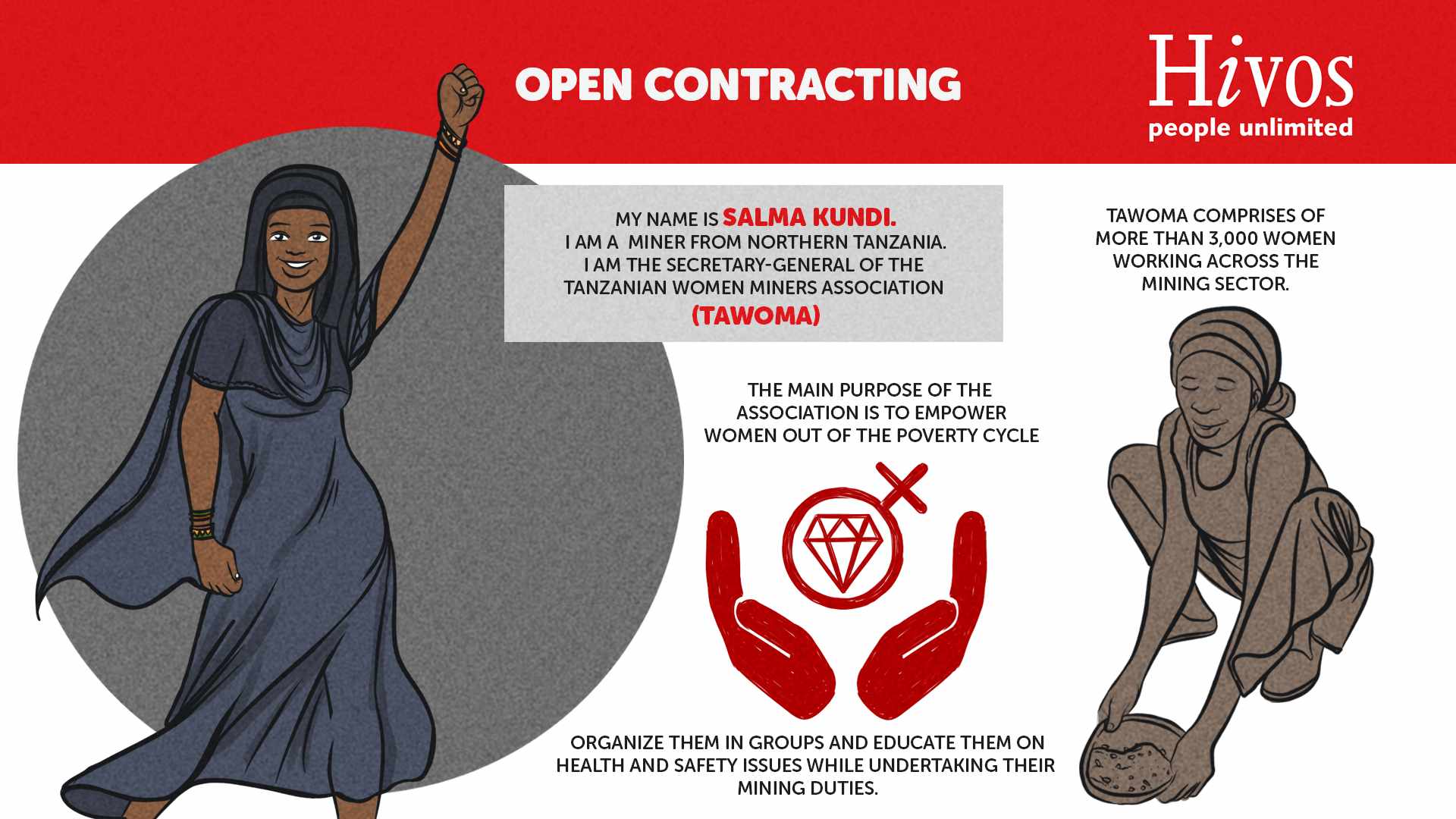
Having been a miner herself, Salma identifies with the issues women in the sector have to grapple with. Corruption and lack of transparency have affected women disproportionately, especially in a sector where mining is associated with masculinity and automatically favors men.
Five years ago, she forged a partnership with Haki Rasilimali through Hivos’ Open Up Contracting program. The idea was to hold community-led barazas (workshops) that teach women about laws governing access to information, and transparency initiatives like the Tanzania Extractives Industry Transparency Initiative (TEITI). Among others, the workshops have trained women to apply for mining licenses electronically so they wouldn’t fall prey to middlemen and mining contractors who could misuse their licenses to access the mines.
Today, she is proud to see the adoption of the beneficial ownership approach to the extractives sector at the national level. Beneficial ownership is a transparency practice that reveals the real and ultimate beneficiaries of a company's proceeds. This will both expose politically-connected persons benefiting from the mines and offer women a dignified income from their labor.
Equity in the decentralization of renewable energy
Kefas Okaka is the CEO of BioMakaa, a manufacturing company in Kenya that recycles waste to produce briquettes. When the government banned charcoal to stop deforestation in the country, he saw an opportunity to provide an alternative source of energy for clean cooking with bio-briquettes.
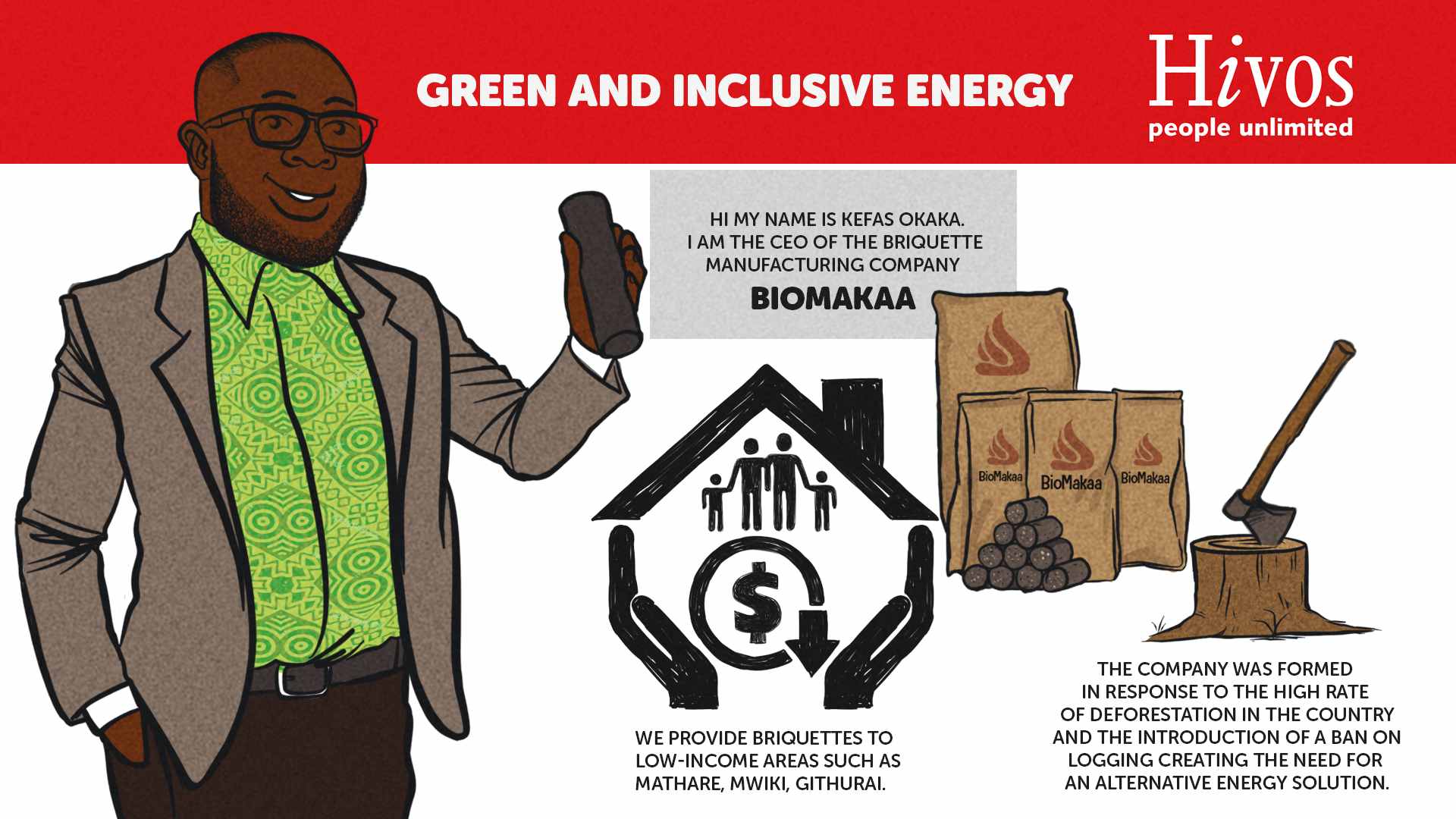
His business initially targeted populations living in Nairobi’s low-income areas such as Mathare, Mwiki, and Githurai, as well as hotels and restaurants, and has since expanded to the rest of the city.
Kefas was selected to join Hivos East Africa’s Renewable Energy Advocacy Leadership training executed under the Green and Inclusive Energy program. The training imparted specific knowledge and skills in advancing renewable energy solutions and linked him to like-minded partners.
With a better understanding of how to use marketing and networking, he recruited a team of marketers to educate potential customers about the value of clean energy for clean cooking. His business BioMakaa has also started empowering local communities, especially women and youth groups, to venture into the bio-briquette business.
‘’The Covid-19 pandemic created an opportunity for my business with more demands from households seeking affordable sources of energy necessary for clean cooking,’’ he said. Kefa envisions a future where more citizens are able to directly benefit from decentralized renewable energy systems.

